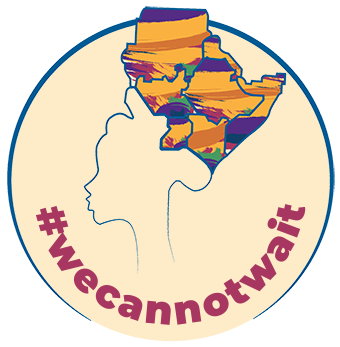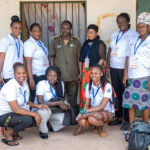The women who work as vendors at the Nakawa Market in Kampala, do not have any childcare infrastructure or service to support them as they work. It is not uncommon to witness women vendors tending to their businesses with their children in tow. However, this setup often forces these women to temporarily suspend their trading activities when they give birth.
These determined women engaged with local authorities, policymakers, and their community to advocate for a childcare centre at the Nakawa Market. They strategically linked the establishment of an on-site childcare centre to the broader objectives of gender equality and women’s economic empowerment. Their aim was to inspire shared responsibility for fostering a supportive environment benefiting working mothers.
Highlighting the potential of a robust childcare infrastructure to help women balance work and caregiving, these activists aimed to break the cycle of gender inequality obstructing their economic progress. Their tireless efforts bore fruit when the Kampala Capital City Authority (KCCA), partnered with Deutsche Gesellschaft für Internationale Zusammenarbeit (GIZ), and the Ministry of Gender, Labour and Social Development, in collaboration with GIZ to launch an internal market childcare facility that provides services for the women in the market at no additional cost. The facility is integrated within the operational structures of the KCCA, providing Nakawa’s working mothers with an avenue to directly hold the government accountable for service provision.
This achievement was a collaborative success, amplified by the continued effort of the Uganda Association of Women Lawyers (FIDA Uganda). Through capacity-building coalitions and grassroots movements, FIDA Uganda empowered these women, bolstering their advocacy for gender equality and sustainable development. This exemplifies how collective efforts can drive tangible change, ensuring a more inclusive and supportive environment for working mothers in both formal and informal sectors.



